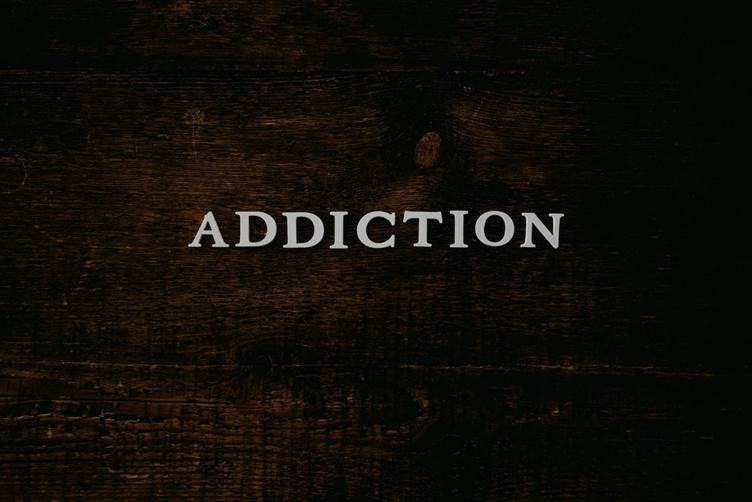As parents, it can be deeply disheartening to watch our children struggle with an addiction or exhibit addictive behaviors. Kids today are exposed to many more temptations than ever before and often their young minds don’t have the capacity yet to discern good and bad choices. While it is difficult for adults who do not understand the full scope of what weakened boundaries may look like in youth, there are ways that we as protective guardians can help them get back on track by recognizing patterns, establishing healthy habits, and forming supportive relationships with those best suited for intervention when needed. In this blog post, we will outline some tips to help kids get rid of addictive behaviors that can change your child’s life forever.
Talk to your child about the dangers of addiction
As parents, we all want what’s best for our children, but sometimes it’s tough to talk to them about difficult topics like addiction. However, it’s important that we do so because breaking the habit can save their lives. Addiction has the potential to ruin everything our children have worked so hard for, and the damage it causes can be irreversible. While some addictions can start out innocently, they can quickly spiral out of control, and before we know it, our children can find themselves in a very dangerous situation. So, it’s crucial that we educate them about the dangers of addiction and help them understand why breaking the habit is so important. By doing so, we can equip them with the knowledge and tools they need to make smart, informed decisions when it comes to their health and well-being. From drug abuse to gambling and more, it’s vital that our kids know the risks associated with these activities before they take part in them. This way, they can avoid the pitfalls of addiction and stay on the path to a healthier lifestyle.
Offer alternative activities that can replace addictive behavior
When it comes to combating addictive behavior, it’s important to provide our children with positive outlets for stress relief and activities that can replace the behavior they are trying to break free from. This could be anything from physical activity such as playing sports or taking part in a recreational activity, to creative pursuits such as drawing, painting, or writing. Music is also a great way for kids to express themselves and gain control over their emotions. Listening to or playing music can reduce stress and anxiety, while also providing a much-needed distraction from any addictive behavior they may be struggling with. Equally, spending time with friends and family can offer positive reinforcement which will help them stay on track to breaking the cycle of addiction.
Get help from professionals if needed
Sometimes, addiction can be too much for us to handle alone. If your child is struggling with an addiction and you need help getting them the treatment they need, it’s important to reach out to a professional. Professional therapists or counselors are trained in working with individuals who are dealing with addictive behaviors and can work closely with your family to help get things back on track. With their expertise and guidance, you can create a safe environment for your child to make positive changes and get the help they need. In addition, support groups are an invaluable resource for anyone dealing with addiction. They offer a place where people who are going through similar struggles can come together and share their experiences and learn from each other’s successes and failures.
Encourage healthy habits such as exercise, good nutrition, and plenty of sleep
Taking care of our bodies is essential for our mental and physical health. Eating a balanced diet, exercising regularly, and getting enough sleep are all important components of a healthy lifestyle. These habits can help reduce stress levels, improve moods, and increase energy levels—all of which can contribute to breaking the cycle of addiction. Encourage your child to be proactive in their health by setting goals for themselves such as eating five to six servings of fruits and vegetables each day, exercising for 30 minutes three times a week, or getting seven to nine hours of sleep per night. Together, you can come up with an action plan that will help them stay on track and reach their goals.

In conclusion, parents have a unique opportunity to help their children navigate away from addiction. Open communication and demonstrating an understanding of your child’s feelings will go a long way in developing a healthy relationship between parent and child. It is also important to provide a supportive environment where alternative activities can be pursued as an outlet for stress relief. Ultimately, the role of an adult should be one of guidance and support versus enforcer or critic. If needed seek the help of professionals such as counselors, therapists, and doctors who have experience helping those overcome addiction. To reiterate our call to action: make sure you are leading by example – evaluate your own behaviors and ensure they are in line with what you would like your children to display!
